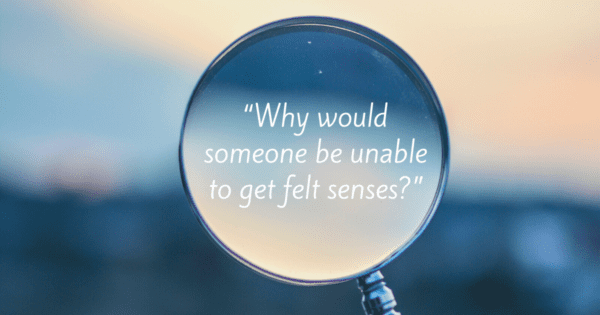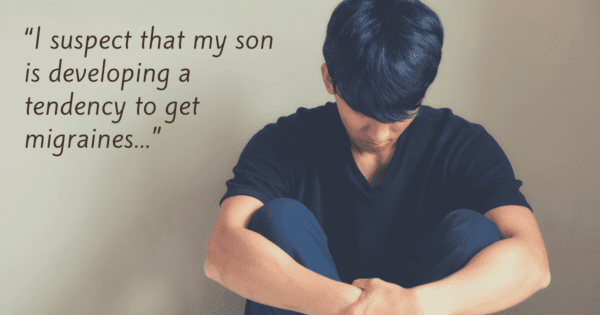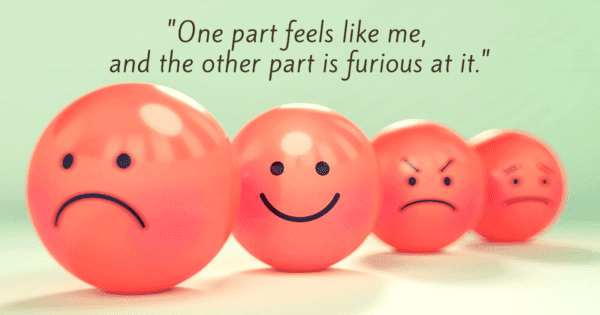“Life and relationships go better as we make room for our human vulnerability, not shut it down.”
Dear Readers:
Today, I’d like to bring you a guest Tip by my good friend John Amodeo.
John’s wisdom in the area of Focusing and intimacy is legendary. And if you’ve ever wondered how both of those connect with spirituality…John’s book Dancing with Fire: A Mindful Way to Loving Relationships will open your eyes and your heart.
This is an article from his Psychology Today Blog that had over 90,000 views and 5,600 Likes in just three days. Really touches a chord!
The Key to Intimacy in Any Relationship
We all want to feel a part of the fabric of life. We want love and intimacy rather than the grinding pain of loneliness. But how to create closeness remains a frustrating puzzle until we deeply realize that being intimate with others is not something we can control; we can’t bend people toward our will.
Being human means being vulnerable. How many times have we pursued contact, only to have our sensitive heart met with the rough shards of shame and criticism? As our overtures for connection are met with rejection, we may keep ourselves hidden to protect our tender heart. Or we try to override our vulnerability through displays of anger, blame, or manipulation.
The desire to stay safe and avoid danger is governed by our amygdala, which is a part of the “old brain.” It scans the environment to dodge threats to our safety and well-being. Modern-day threats are not wild beasts, but rather the indelicate ways we treat each other, which lead to a painful isolation and the shame of feeling badly about ourselves.
Growing up, if we felt repeatedly unsafe to show our true feelings and desires, that vulnerable part of us went into hiding. We may have become avoidantly attached in our relationships — tentatively reaching out, but staying well-defended and not allowing others to get close. Or, we may become anxiously attached — scanning for any hint of discord. When trust with ourselves and others has been frayed, then even the slightest misunderstanding or friction may be experienced as a tsunami-like disruption of trust, which may lead to rage or running away.
Misunderstandings and friction arise in even the best of relationships. Uncomfortable or difficult feelings are often the result of unmet longings for love, connection, and understanding. We receive a harsh word or insensitive response; a phone call is promised but not received. Trust gets disrupted. A longing arises…but is not satisfied.
When things don’t go our way, we may feel a sudden vulnerability — from the exposure of a desire that is not fulfilled by the other — that we don’t know how to soothe. Rage and blame are common reactions when we’re unable to soothe the beast within.
Making Room for Our Vulnerability
Life and relationships go better as we make room for our human vulnerability, not shut it down. When our self-protective instincts try to safeguard us from emotional pain, we attack, accuse, or withdraw. Rather than gracefully dance with the fire of our discomforting emotions by engaging with them skillfully, we fan the flames of mutual discontent, which further incinerates the trust and connection we long for. Practices such as meditation and Focusing offer a way to be present with our feelings without being overwhelmed by them, which allows for self-soothing. We discover that feelings come and go as we develop an inner way to hold them and hear what they might be trying to tell us.








